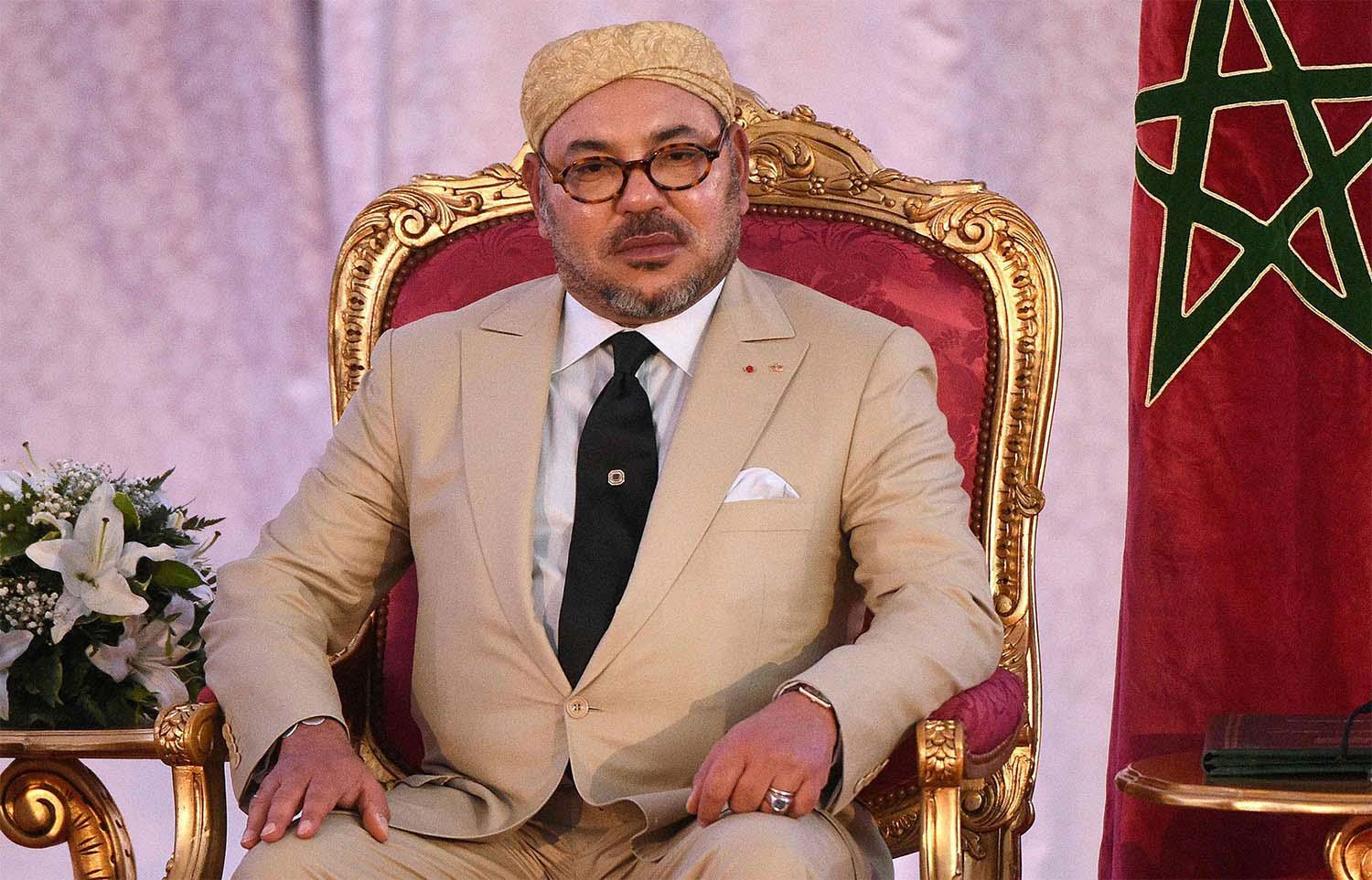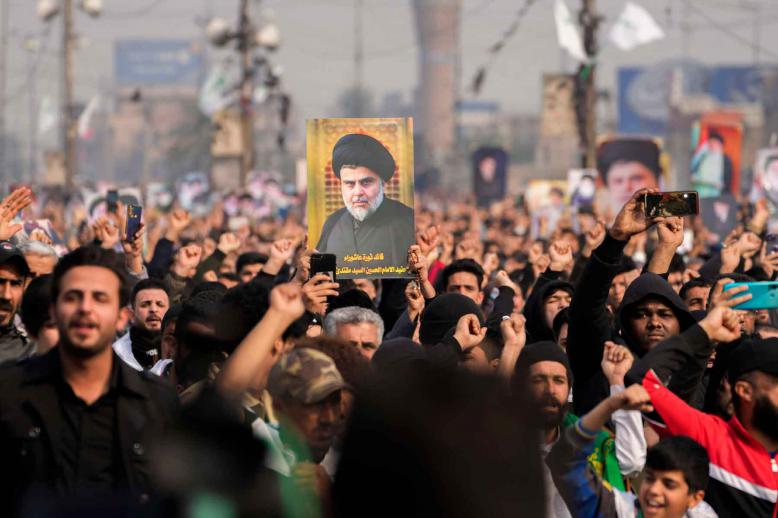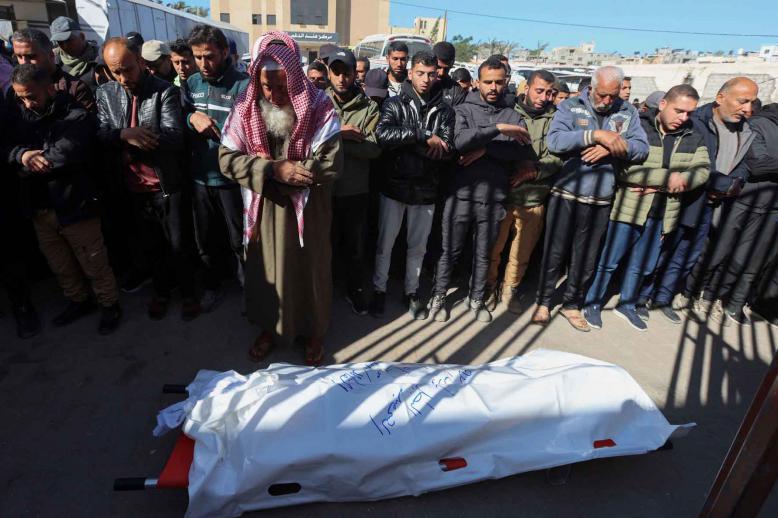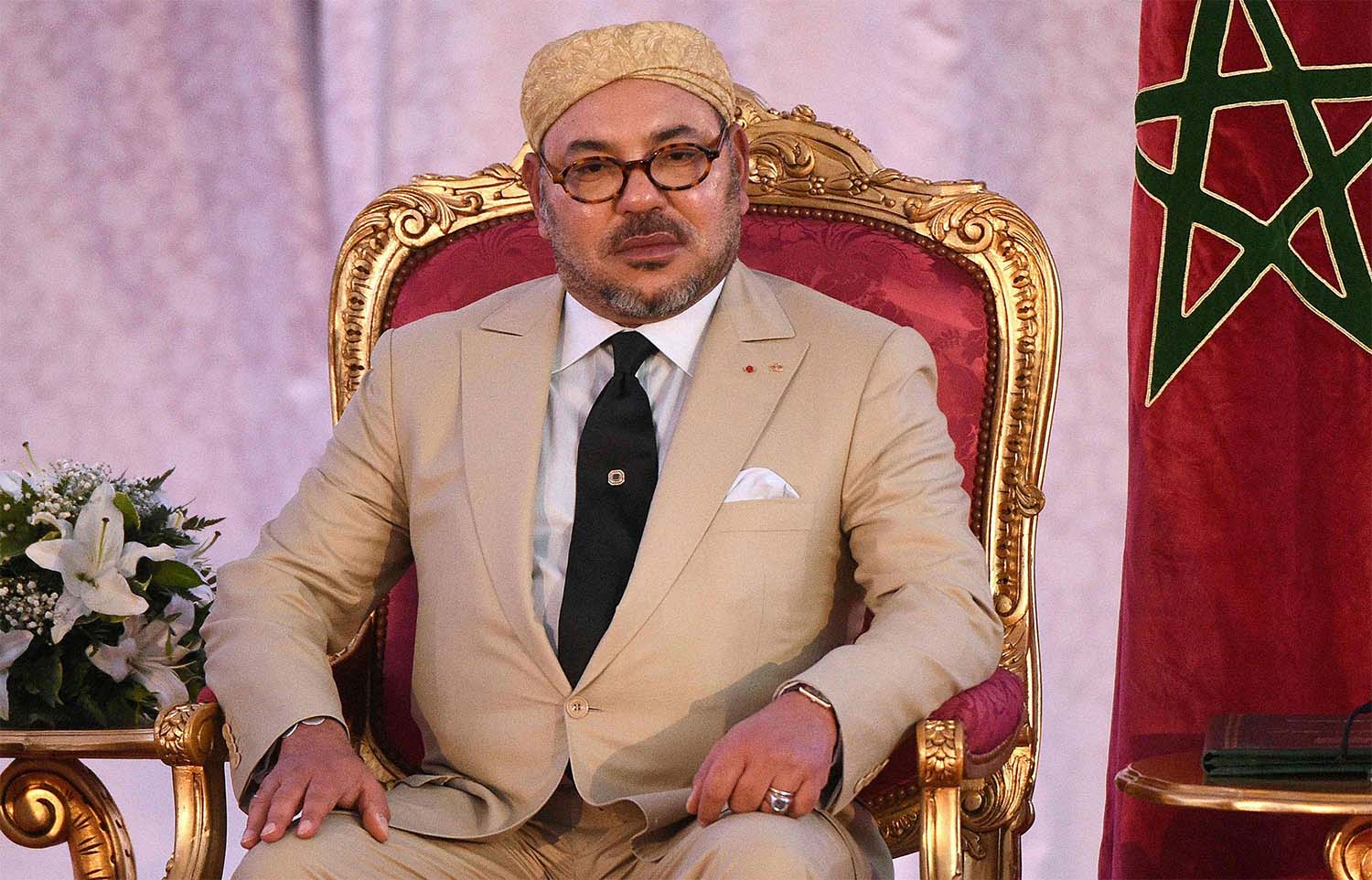King Mohammed VI reiterates Morocco’s attachment to its Sahara
LONDON - King Mohammed VI reiterated on Saturday Morocco’s attachment to its Sahara and its just and legitimate cause despite the provocations of the Algeria-backed Polisario Front separatists.
The King said that the number of countries which do not recognize the fictitious entity – in reference to the Polisario Front - now stands at 163, or 85% of UN Member States.
In a speech addressed to the nation on Saturday evening on the occasion of the 45th anniversary of the Green March, the Moroccan monarch said the last decisions taken at the international level enshrined the Moroccan approach to the Sahara issue, and the relevance of the autonomy initiative as the only possible way to achieve a settlement of the conflict around the Moroccan Sahara with full respect for national unity and the territorial integrity of the North African kingdom.
“This trend has been further bolstered by the adoption of constructive positions by the global powers through, for example, the conclusion of strategic and economic partnerships that incorporate - without exceptions or reservations - the Kingdom’s southern provinces, which are an indivisible part of the Moroccan territory,” he said.
“Given the above, Morocco reiterates its sincere commitment to cooperate with His Excellency the Secretary-General of the United Nations, within the framework of the relevant Security Council resolutions so as to achieve a final solution based on the Autonomy Initiative,” he added.
There has been no UN envoy for Western Sahara since the resignation in May 2019 of former German president Horst Kohler for health reasons.
Following a long period of inaction, two round tables in Switzerland in December 2018 and March 2019 brought together Morocco, the Polisario Front, Algeria and Mauritania, though without reaching any significant breakthroughs.
“Morocco will not waver in its position. Nor will it be affected, in any way, by the useless provocations and desperate schemes of the other parties, which attest to a headlong rush, now that their outdated claims have failed,” King Mohammed VI warned.
The United Nations Security Council renewed on October 30 the mandate of its MINURSO mission in Western Sahara for another year.
The resolution extending the mission for a year was drafted by the United States and received 13 votes in favour with abstentions by Russia and South Africa.
Morocco has controlled Western Sahara since Spanish colonial rule ended there in 1974, with the Polisario Front pushing for it to win independence.
United Nations efforts to broker a settlement between Morocco and the Polisario have repeatedly failed. A referendum on its future, promised as part of a 1991 ceasefire deal, never took place.
Western Sahara, though a sparsely populated desert region, has rich fishing waters, phosphate deposits and Morocco's only working land route into the rest of Africa as its border with Algeria is closed.
Rabat considers Western Sahara an integral part of Morocco and proposes autonomy for the resource-rich territory.






